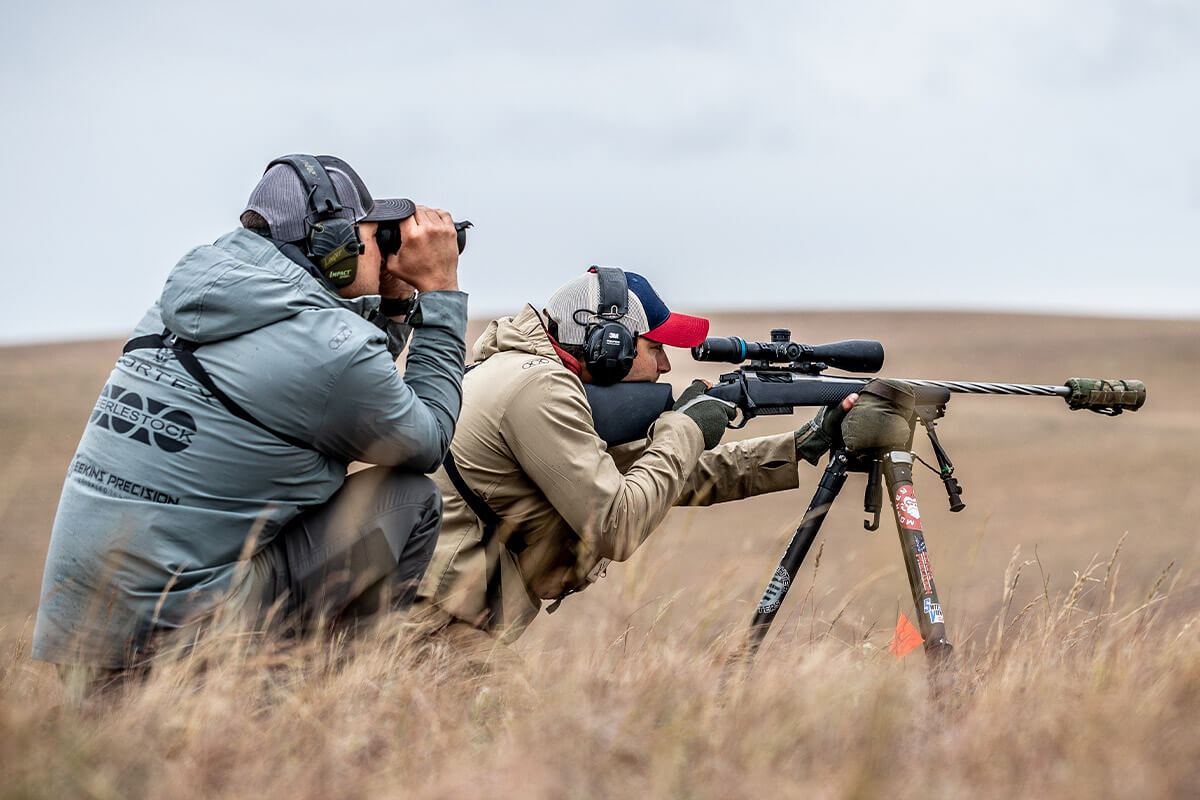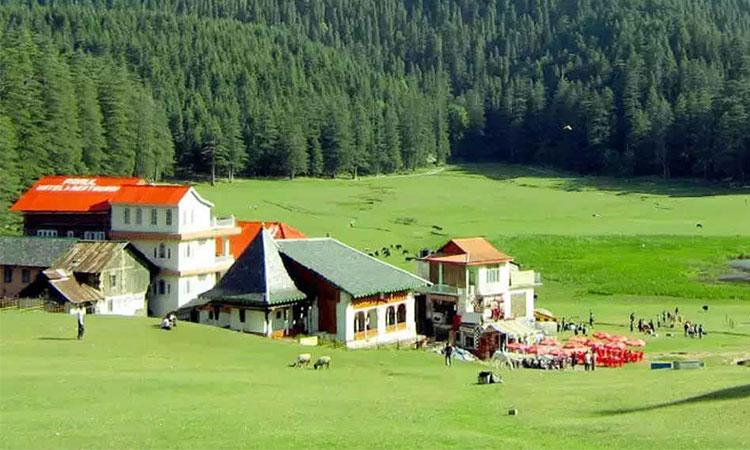When it comes to choosing the ideal rifle caliber, there’s no one-size-fits-all answer. The perfect caliber depends on a variety of factors including the intended use (hunting, target shooting, or self-defense), shooter’s experience, and personal preferences. Here, we will discuss the key considerations and options available, helping you make an informed decision for your specific needs.
Understanding Caliber and Its Importance
The term “caliber” refers to the internal diameter of a gun’s barrel and consequently the diameter of the bullets that can be fired through it. Calibers are typically measured in millimeters or inches, and this measurement is crucial as it affects the rifle’s power, recoil, and suitability for different purposes.
1. Identifying the Purpose
Hunting: For hunting small game like rabbits or squirrels, small calibers such as .22LR are preferred due to their low recoil and sufficient power for a clean kill. For larger game like deer, calibers such as .308 Winchester or .30-06 Springfield offer the necessary stopping power. For even larger game, like elk or moose, high-caliber rounds such as .300 Winchester Magnum are advisable. Another versatile option for hunting in various situations is the 300 Blackout, known for its effectiveness in short-range shooting and suppressor compatibility.
Target Shooting: Target shooters often favor calibers that offer a good balance between recoil and accuracy. The .223 Remington is a popular choice for its accuracy and relatively low recoil. For long-range target shooting, calibers like 6.5 Creedmoor and .338 Lapua are favored for their long-range accuracy and ballistic efficiency.
Self-Defense: In self-defense situations, the .223 Remington and 5.56 NATO are popular due to their high velocity and relatively manageable recoil. These calibers are effective at stopping threats while still being controllable for rapid follow-up shots.
2. Considering Recoil
Recoil, or the “kick” experienced when firing a rifle, is an important factor, especially for new shooters. Heavy recoil can lead to shooter fatigue and inaccuracy. Generally, smaller calibers like the .22LR or .223 Remington have less recoil and are more suitable for beginners. Higher calibers like the .308 Winchester or .30-06 Springfield have more recoil and may require more experience to handle effectively.
3. Ammunition Availability and Cost
The availability and cost of ammunition can be a deciding factor. Popular calibers like .22LR, .223 Remington, and .308 Winchester are widely available and tend to be more affordable. Less common calibers might be more expensive and harder to find, which can be a consideration for regular shooters.
4. Ballistics and Accuracy
Different calibers have different ballistic properties. Some, like the 6.5 Creedmoor, are designed for long-range accuracy with minimal bullet drop and wind drift. Others, like the .45-70 Government, are designed for short-range power. Consider the typical distances you will be shooting and choose a caliber that performs well at those ranges.
5. Hunting Regulations
If you’re hunting, be aware of the legal requirements for calibers in your region. Some areas have minimum caliber or bullet energy requirements for hunting certain game species. This ensures humane, ethical hunting practices.
Popular Rifle Calibers
- .22LR: Excellent for beginners, small game hunting, and inexpensive target shooting.
- .223 Remington/5.56 NATO: Popular for varmint hunting, target shooting, and self-defense.
- .308 Winchester: Versatile for medium to large game hunting and long-range target shooting.
- .30-06 Springfield: A classic choice for large game hunting across North America.
- 6.5 Creedmoor: Ideal for long-range target shooting and hunting due to its superior ballistics.
- .300 Winchester Magnum: Suitable for large game hunting, including at longer ranges.
Customizing Your Choice
Remember that the ideal caliber also depends on your physical stature, shooting experience, and comfort level. Don’t hesitate to try different calibers at a shooting range. Personal experience is invaluable in making your choice.
Conclusion:
Selecting the right rifle caliber is a critical decision that can greatly affect your shooting experience. Whether you’re a beginner or an experienced marksman, considering the purpose, recoil, ammunition availability, ballistics, and legal requirements will guide you to the perfect caliber for your needs. Remember, the best caliber is the one that suits your specific situation and feels right in your hands. Happy shooting!




